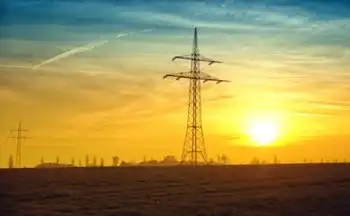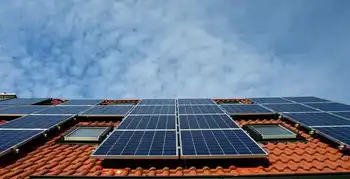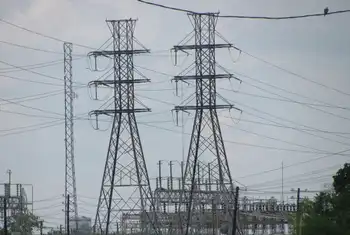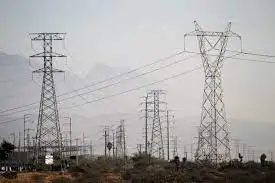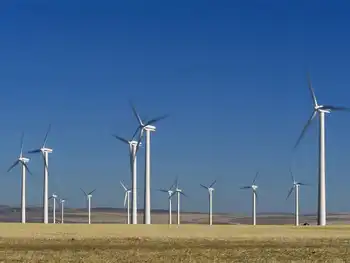Homeowners would be power plants: Sink
By St. Petersburg Times
Protective Relay Training - Basic
Our customized live online or in‑person group training can be delivered to your staff at your location.

- Live Online
- 12 hours Instructor-led
- Group Training Available
In turn, meeting that demand would be innovative energy companies flocking to Florida creating jobs. And the state's giant electric companies would thrive as leaders in wind, solar and biomass energy but would not have to control the market.
That optimistic portrait is painted by Sink, the state's chief financial officer and Democratic candidate for governor, in the energy policy she released recently.
Sink said the gulf oil disaster underscored "the economic threat we face if we continue our over-reliance on oil," and she scolded the state Legislature for allowing Florida to lag in renewable energy production and manufacturing.
If elected, she said, she "will move our state decisively toward a more reliable, clean, and job-generating energy future."
Sink proposes a combination of fiscal incentives, policy shifts and regulations to broaden Florida's market for alternative fuels.
Her energy plan pushes in directions that Gov. Charlie Crist and others have sought to go but failed to achieve, blocked by a Republican-led Legislature.
For starters, she said she supports a "renewable portfolio standard" that would require electric companies to use a certain amount of clean energy to fuel their power plants by a set date.
Twenty-nine states have adopted a "renewable portfolio standard" which is being debated in Congress as the "renewable electricity standard". And the state's Public Service Commission has recommended the Legislature adopt one, but it refused.
She would also expand the state solar rebate program, promote ''smart grid" technology to allow consumers to monitor their electricity usage, and develop an "aggressive solar program for homes and businesses with the objective of driving solar system costs to parity with conventional sources of electricity."
"There has never been a more critical moment to take advantage of a focus on a clean energy economy," she said, flanked by solar panels in a warehouse for Sun Electronics, a Miami solar appliance retailer. "Change will not come easily or quickly, but I know it has to occur."
Standing at her side was Steve Kaufman, director of renewable energy services for Kaufman Lynn Energy of Boca Raton, an offshoot of Kaufman Lynn general contracting. The company was formed to meet the demand for solar-powered buildings but "we found that it is very challenging to do business in Florida and that it's much more attractive to do business in other states, which is not our preference."
He said Florida's energy policy is focused on utility-controlled generation and has imposed hurdles on any homeowner or business that wants to generate its own power.
"Not only do we not have any incentives for solar energy, we actually have some disincentives because of our lack of good public policy," Kaufman said.
Sink followed gubernatorial candidate Lawton "Bud" Chiles in announcing an energy plan. Chiles released a "white paper" last month calling on Florida power companies to produce 20 percent of their electricity from renewable energy sources by 2020. Also, he would create a renewable energy loan fund and require utilities to set targets to conserve energy.
Sink's Republican opponents haven't said much about their energy plans.
Attorney General Bill McCollum released an economy and jobs proposal that calls for "greater energy independence and diversification to provide Florida with affordable, renewable and safe energy sources for years to come."
Businessman Rick Scott said he doesn't believe that climate change is real but thinks "we need to build more nuclear plants, invest in alternative fuels and drill offshore."





